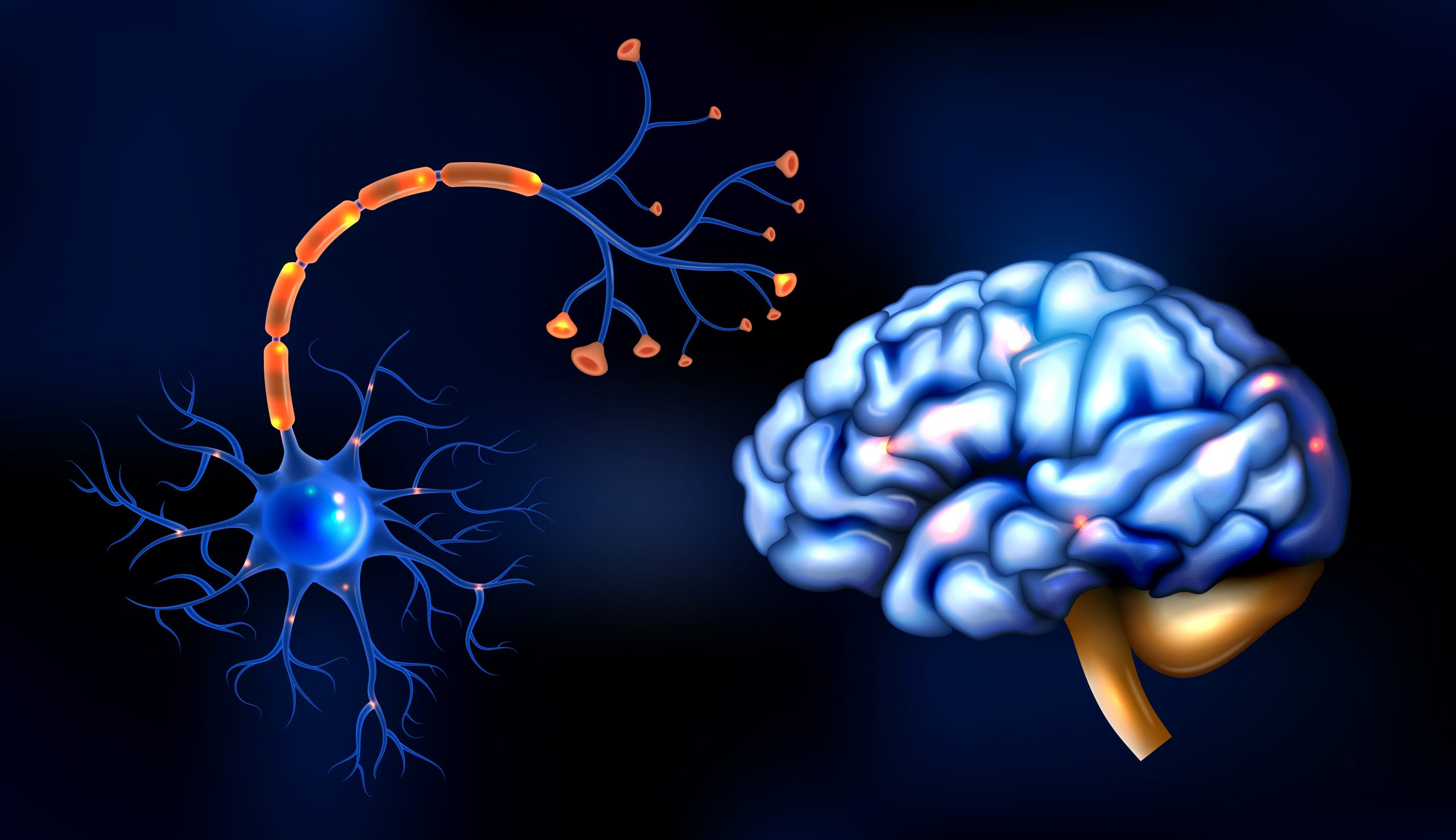

When a hunting dog detects the scent of a deer, it may freeze. Right away. The similar thing can happen to folks who need to focus on a difficult assignment. Researchers have now found a breakthrough that expands our understanding of what happens in the brain when we suddenly cease moving. “We have found a group of nerve cells in the midbrain which, when stimulated, stop all movement. Not just walking; all forms of motor activity. They even make the mice stop breathing or breathe more slowly, and the heart rate slow down,” explains Professor Ole Kiehn, who is co-author on the study.
“There are various ways to stop movement. What is so special about these nerve cells is that once activated they cause the the movement to be paused or freeze. Just like setting a film on pause. The actors movement suddenly stop on the spot,” says Ole Kiehn.
When the researchers ceased triggering the nerve cells, the mice resumed their movement exactly where they had left off. As when you press “play” again.
“This ‘pause-and-play pattern’ is very unique; it is unlike anything we have seen before. It does not resemble other forms of movement or motor arrest we or other researchers have studied. There, the movement does not necessarily start where it stopped, but may start over with a new pattern,” says PhD Haizea Goñi-Erro, who is first author of the study.
The nerve cells stimulated by the researchers are present in the midbrain in a region known as the pedunculopontine nucleus (PPN), and they differ from other nerve cells in the PPN by expressing a specific molecular marker known as Chx10. All vertebrates, including humans, share the PPN. Even though the study was conducted on mice, the researchers believe the phenomenon will also apply to humans.
Nothing to do with fear
Some people believe that fear activates nerve cells. The phenomena of “freezing” triggered by intense fear is well known to most individuals. However, this is not the case.
“We have compared this type of motor arrest to motor arrest or freezing caused by fear, and they are not identical. We are very sure that the movement arrest observe here is not related to fear. Instead, we believe it has something to do with attention or alertness, which is seen in certain situations,” says Assistant Professor Roberto Leiras, who is co-author of the study.
According to the researchers, it is a statement of focused attention. They emphasize, however, that the study has not established whether or not this is the case. More research is needed to demonstrate this point.
Could be able to comprehend Parkinson’s symptoms.
The new research could help us grasp some of the factors underlying Parkinson’s illness.
“Motor arrest or slow movement is one of the cardinal symptoms of Parkinson’s disease. We speculate that these special nerve cells in PPN are over-activated in Parkinson’s disease. That would inhibit movement. Therefore, the study, which primarily has focused on the fundamental mechanisms that control movement in the nervous system, may eventually help us to understand the cause of some of the motor symptoms in Parkinson’s disease,” Ole Kiehn concludes.
more recommended stories
 Precision Oncology with Personalized Cancer Drug Therapy
Precision Oncology with Personalized Cancer Drug TherapyKey Takeaways UC San Diego’s I-PREDICT.
 Iron Deficiency vs Iron Overload in Parkinson’s Disease
Iron Deficiency vs Iron Overload in Parkinson’s DiseaseKey Takeaways (Quick Summary for HCPs).
 Can Ketogenic Diets Help PCOS? Meta-Analysis Insights
Can Ketogenic Diets Help PCOS? Meta-Analysis InsightsKey Takeaways (Quick Summary) A Clinical.
 Silica Nanomatrix Boosts Dendritic Cell Cancer Therapy
Silica Nanomatrix Boosts Dendritic Cell Cancer TherapyKey Points Summary Researchers developed a.
 Vagus Nerve and Cardiac Aging: New Heart Study
Vagus Nerve and Cardiac Aging: New Heart StudyKey Takeaways for Healthcare Professionals Preserving.
 Cognitive Distraction From Conversation While Driving
Cognitive Distraction From Conversation While DrivingKey Takeaways (Quick Summary) Talking, not.
 Fat-Regulating Enzyme Offers New Target for Obesity
Fat-Regulating Enzyme Offers New Target for ObesityKey Highlights (Quick Summary) Researchers identified.
 Spatial Computing Explains How Brain Organizes Cognition
Spatial Computing Explains How Brain Organizes CognitionKey Takeaways (Quick Summary) MIT researchers.
 Gestational Diabetes Risk Identified by Blood Metabolites
Gestational Diabetes Risk Identified by Blood MetabolitesKey Takeaways (Quick Summary for Clinicians).
 Phage Therapy Study Reveals RNA-Based Infection Control
Phage Therapy Study Reveals RNA-Based Infection ControlKey Takeaways (Quick Summary) Researchers uncovered.

Leave a Comment